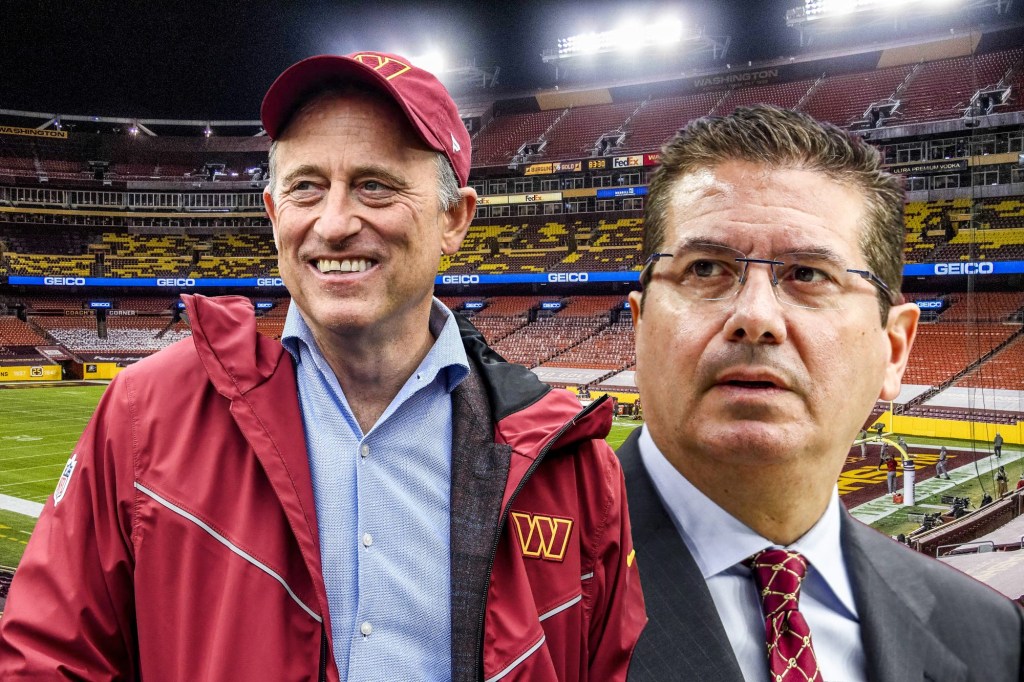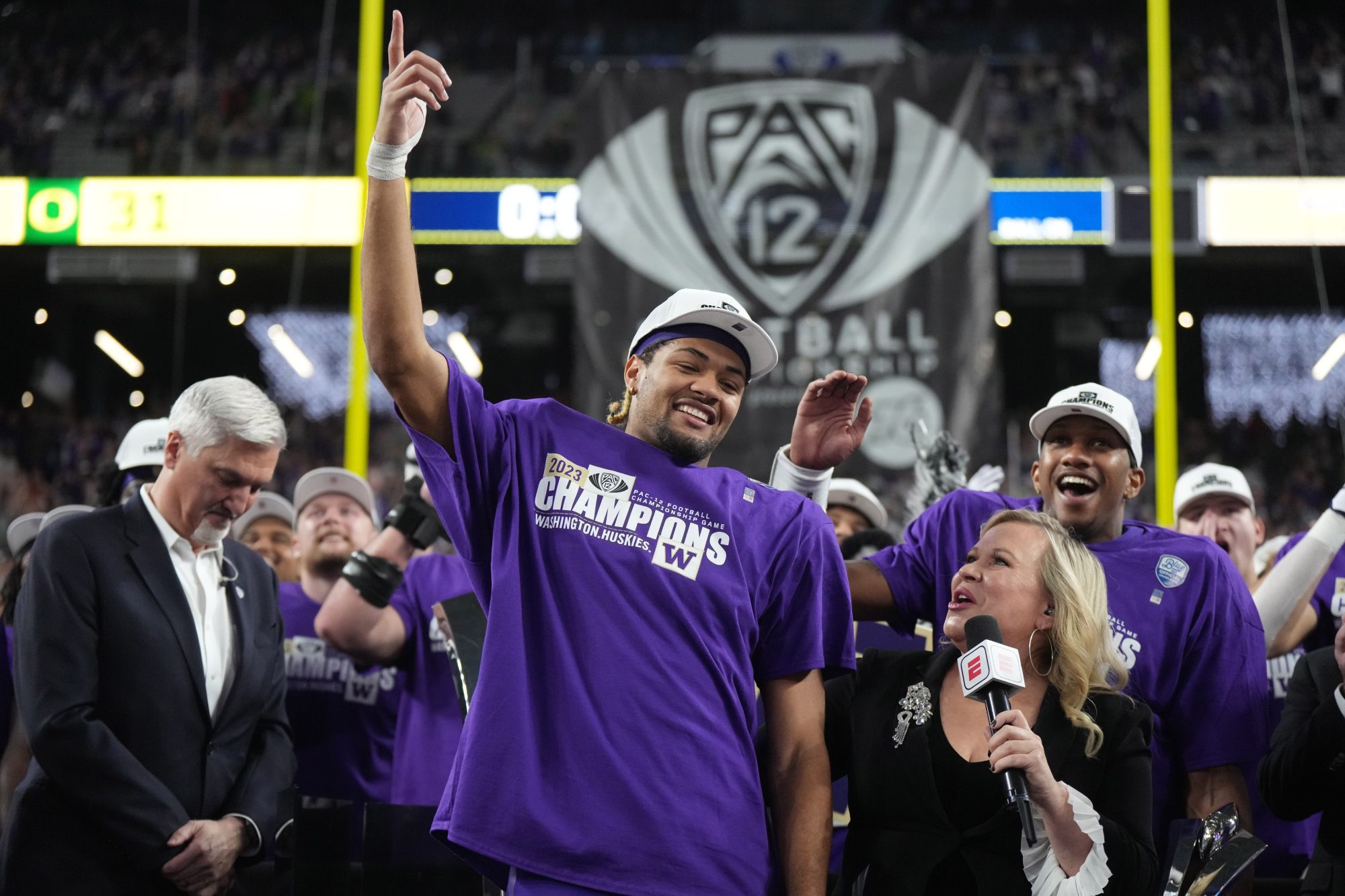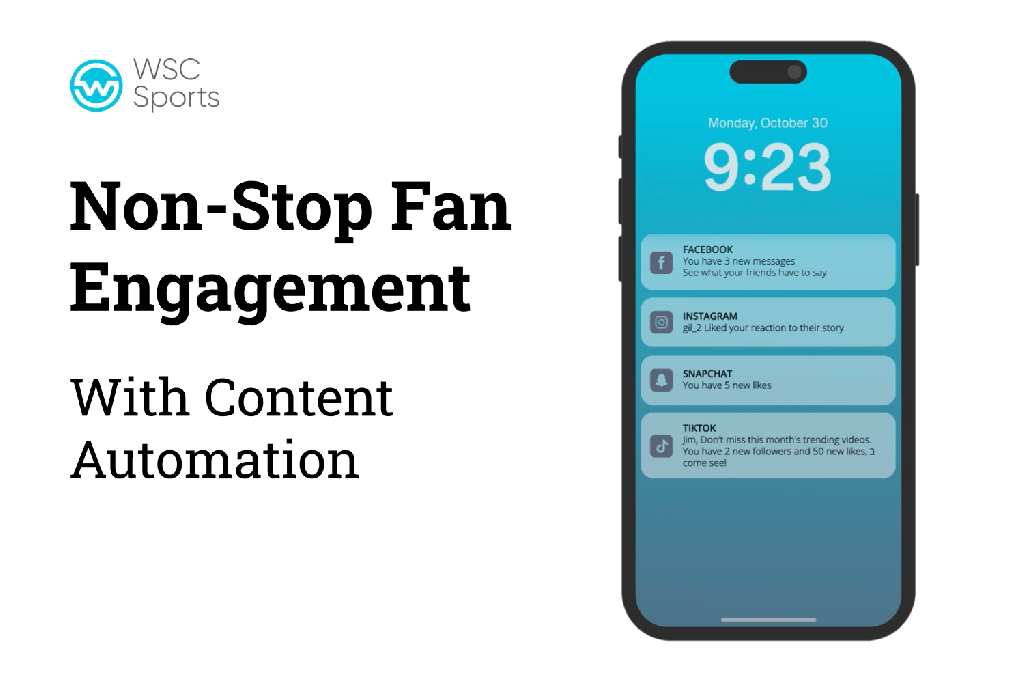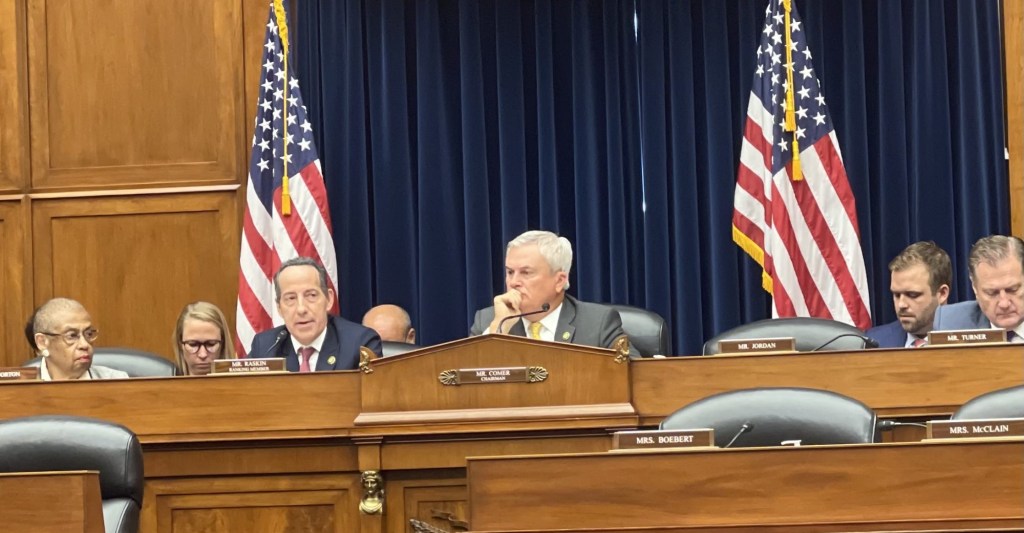In early February, Josh Harris was considering making a bid to buy the Washington Commanders, so he toured the team’s headquarters and FedEx Field, facilities that rank near the bottom of the NFL in multiple categories.
The franchise had languished for two-plus decades under Dan Snyder, but the embattled owner still sought as much as $7 billion for a team whose on-field results mirrored the state of the Commanders’ franchise.
Amid a potential push to make Snyder—the subject of multiple investigations—the first owner ever removed by the NFL, the untenable reality of the team under his ownership began to creep in.
Jeff Bezos didn’t enter a bid. Houston Rockets owner Tilman Fertitta wouldn’t bid more than $5.6 billion. Canadian Steve Apostolopoulos, who those close to Snyder insisted was an actual bidder, put in a questionable $6 billion offer. Former Duke basketball player Brian Davis’s alleged $7 billion bid was even more fanciful.
Front Office Sports reported in March that Harris was the only legitimate bidder, and that he was still cobbling together enough funds through many limited partners to meet Snyder’s rock-bottom sale price (and current worldwide record for a sports franchise): $6.05 billion.
“The deal was hard,” Harris told FOS in September. “It was all stressful. I had to put together a group of 20 investors, raise capital, and then convince the NFL that we were going to be good stewards. So, it was a really complicated deal.”
How We Got Here
A tentative deal was struck in April and became final a month later. By the end of July, the owners approved Harris, who had to wire $1.8 billion from his cash accounts to comply with the NFL’s 30% liquidity requirement. The remaining money came from 20 limited partners, including industrial firm co-founder Mitchell Rales, NBA legend Magic Johnson, and security firm exec Mark Ein.
From the time Snyder purchased the team, ahead of the 1999 season, through Harris’s first as majority owner, the Commanders have made the playoffs just six times.
FOS first reported that the new ownership would likely proceed cautiously; with training camp starting days after he got the keys, Harris wasn’t about to blow up the management or coaching staff. He hadn’t made rash changes after purchasing the New Jersey Devils or Philadelphia 76ers—teams, like the Commanders, co-owned by longtime business partner David Blitzer.
“The process doesn’t really start until Jan. 8,” a source close to the Commanders’ ownership group recently told FOS.
That would be the fast-approaching day after the Commanders’ final regular-season game, morbidly referred to as “Black Monday” around the NFL. Washington has already been eliminated from the postseason. Looking ahead, head coach Ron Rivera is likely out, and other vestiges of Snyder’s hires may follow throughout the offseason.
Rock Bottom
As Snyder’s ownership tenure wore on, his team’s revenues sank to the bottom of the NFL’s 32 clubs.
“The team initially started to trend towards the middle of the league as FedEx Field aged and bad press continued to surround Snyder,” according to Harris’s prospectus with investors, which FOS obtained. “In 2020, when the first allegations of a toxic workplace came out, the team quickly dropped to the bottom of the league in local revenue.”
The second league investigation into the Commanders confirmed FOS’s reporting from 2022: Even as those revenues slid, the team improperly held back revenue from the league. Former SEC chief Mary Jo White’s probe—released on July 20, the same day Harris was approved as owner—showed the Commanders kept $11 million in ticket revenue.
White’s probe also found Snyder had sexually harassed a former Commanders employee. On his way out the door, the owner was fined a record $60 million by the league.
After their attendance had dropped to the bottom of the league in 2022, Harris’s Commanders sold out most of their home games in 2023, and sponsorships also ticked up. Revenues have slowly begun to improve for the first time in years.
The half-dozen investigations into the Commanders and Snyder didn’t help the push for a new home. In June 2022, a plan to build a new domed stadium in Northern Virginia fell apart in the state’s legislature.
Search for a New Home
But the need to replace FedEx Field in Landover, Md., remains. Harris has more options and, likely, more public funding. The Commanders’ new owners looked into competitors’ stadiums this season, mainly before road games. According to one source, ownership studied three venues closely: the Dallas Cowboys’ AT&T Stadium, the Atlanta Falcons’ Mercedes-Benz Stadium, and the Los Angeles Rams’ SoFi Stadium.
Now, a three-way race is expected to develop in 2024 as lawmakers in Maryland, Virginia, and D.C. try to woo the Commanders to their respective jurisdictions:
- In September, the House Oversight Committee overwhelmingly voted to advance a bill allowing for a 99-year lease for the site of RFK Stadium, the Commanders’ home for decades before moving to FedEx Field in 1997. That bill hasn’t received a full floor vote yet.
- That same month, Virginia lawmakers approved a $250,000 study to “develop relevant capabilities, conduct planning, and evaluate potential economic incentives to attract sports teams to the state.” It’s the first step toward creating a stadium authority in the state, which would also play a role in the planned relocation of the Washington Wizards and Capitals to Alexandria.
- And Magic Johnson, representing Harris’s group, met with Maryland Gov. Wes Moore in the spring. “Keeping them in Prince George’s County is a major priority,” Moore told FOS in August.
Any location in the D.C. area where the stadium is built will almost certainly have a dome and become a top NFL venue for architecture and amenities. Ownership will then have to decide whether a new stadium would also house the team’s headquarters and training facilities, which have resided in Ashburn, Va., for decades.
“There’s a real political element to it,” Harris told FOS. “I didn’t grow up in politics, right? I’m from business. … There are three great jurisdictions that want us to consider [them] as the site for a [new Commanders] stadium. We’re very early, very early.”
While Harris’s first season will end without a playoff berth (like Snyder’s final two as owner), there’s hope. His stamp will be felt in 2024 as new personnel come in, as a high draft pick is selected, and as the finalists for a potential new stadium site come into focus.
There was a different kind of hope in 2023 for Commanders fans: that Snyder would indeed offload the franchise. Now, it’s turned to what Harris and Co. will do to revive it.








